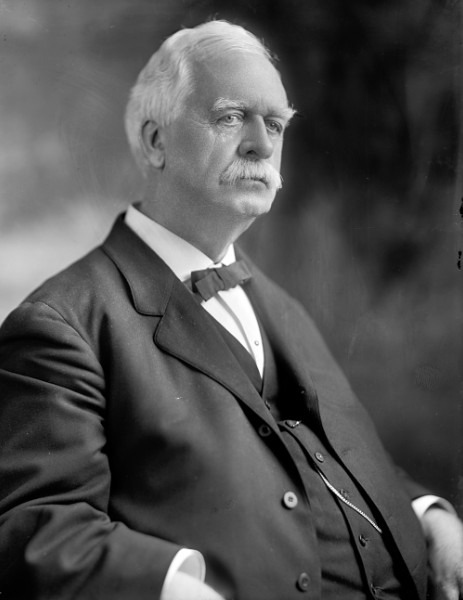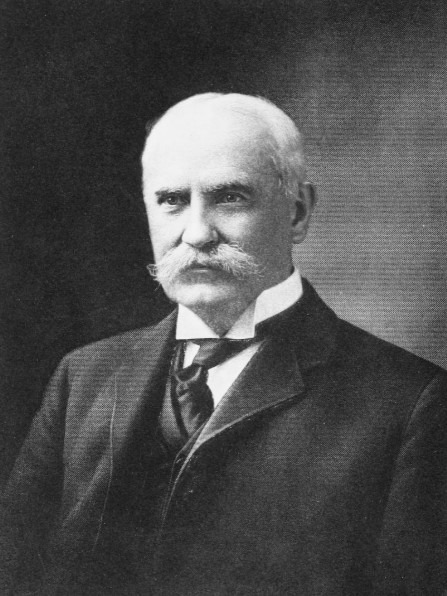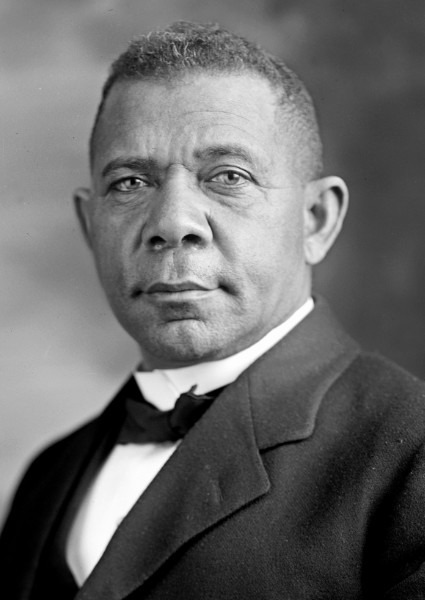William Howard Taft was Theodore Roosevelt’s choice to be his successor due to his impressive record. As his long, close friend, the latter expected the former to continue his progressive approach. However, Taft did not meet Roosevelt’s expectations as he decided to take on conservative methods from the Republican Party. It resulted in successes and missteps, both on his domestic and foreign policies.
Payne-Aldrich Tariff Act
U.S. Senator Nelson W. Aldrich
Taft had promised to work on tariff reform when he campaigned in 1908. While it initially looked like he was to fulfill that pledge, he never stood firm on his convictions and accepted the lame Payne-Aldrich Tariff Act. This law failed to provide a significant decrease in tariff rates, causing him to lose much of the support from this progressive allies. The act was only able to drop the rates at around 5 percent and increase the tariff on other items, such as coal and iron ore.
Constitutional Amendments
Taft pushed on the passage of the 16th Amendment, which authorizes federal income tax. Under this measure, Congress was allowed to impose any tax on any income made by all Americans. It was thrust into Congress through the aid of tariff reformers. They deemed that another fountainhead of revenue if the government gears towards a drastic downward revision of the policies on the tariff.
On the other hand, the 17th Amendment was tepidly encouraged by Taft. It established the election of U.S. Senators by the voters of the states rather than being appointed by state legislatures.
Mann-Elkins Act of 1910
The Mann-Elkins Act of 1910 was part of Taft’s initiative to cease and control unfair trade and practices and competition. The federal law extended the Interstate Commerce Act of 1887 and provided the Interstate Commerce Commission or ICC with better authority. ICC was given the power to set or suspend railroad rates. Their control and coverage were also extended over telephone, telegraph, and radio facilities. A Commerce Court was also created to heed on any appeal coming from the decisions made by ICC. The said act made the ICC one of the most influential agencies during the said time.
Trust-Busting
Theodore Roosevelt, Taft’s predecessor, was renowned as the ‘Great Trust-Buster’ for his government’s efforts to destroy trusts or monopolies. Taft, however, proved to be a more aggressive trust-buster. Some of the big ‘breakups’ made under Taft’s term included the American Sugar Refining Company, Standard Oil, and the American Tobacco company. Truth to be told, Taft has filed more anti-trust cases in his four-year term than Roosevelt, who spent seven and a half years in the position. By 1911, however, Taft gently steered away from busting trusts because of his business connections, raising the eyebrows of the progress. While there more anti-trust prosections under Taft’s presidency, Roosevelt was more famous for the said endeavor.
Dollar Diplomacy
Taft’s international policy was mainly regarded as ‘Dollar Diplomacy.’ It centered on banks and businesses establishing locations or granting loans to foreign countries to encourage good relations. However, the government went too far and used this to boost its economic power and commercial interest. The U.S. government officials, then, had to go overseas to initiate and promote sales, most notably in military machinery and the heavy industry.
The policy targeted several nations in Central America, such as Nicaragua, Colombia, Guatemala, and the Dominican Republic, and even in Liberia located in West Africa.
While ‘Dollar Diplomacy’ was able to help achieve stability in Haiti and Honduras, the efforts failed when China declined the trade. Moreover, the commercial attempts in Latin America only increased the anti-U.S. feelings that stemmed from Roosevelt’s military interventions during his term.
Civil Rights
Booker T. Washington, the African-American leader
Civil rights for African-Americans was not of Taft’s priority. He met Booker T. Washington, a publicly-supported African-American leader, for pushing the cause of African-Americans. Taft suggested Washington steer away from politics. He said that what Washington’s people needs for their advancement are entrepreneurship and education. Aside from meeting Washington, not much has been made to ignite any reform on civil rights. Moreover, Taft’s government failed to follow the humanitarian efforts started by the Republican Party. As a result, the African-American people, both from North and South, began to shift to the Democratic Party.
United States Postal Savings System
United Postal Savings System’s certificate of $5 deposit in 1932
Taft suggested that the Post Office Department should act as a bank and receive small deposits. While the thought was rejected by known conservationists such as Speaker of the House Joseph Cannon and Senator Aldrich, Taft was still able to pursue the passage of the law and established the United States Postal Savings System. Aside from getting cash deposits, it also initiated the operation of a Savings Card program and sold fixed-term bonds. The system then led to the creation of a domestic parcel post delivery system, which Taft also oversaw.
Conclusion
William Howard Taft’s term was marred with both successes and failures. Nevertheless, he was undoubtedly instrumental to some of the reforms and services we still enjoy today.
US Presidents | ||




